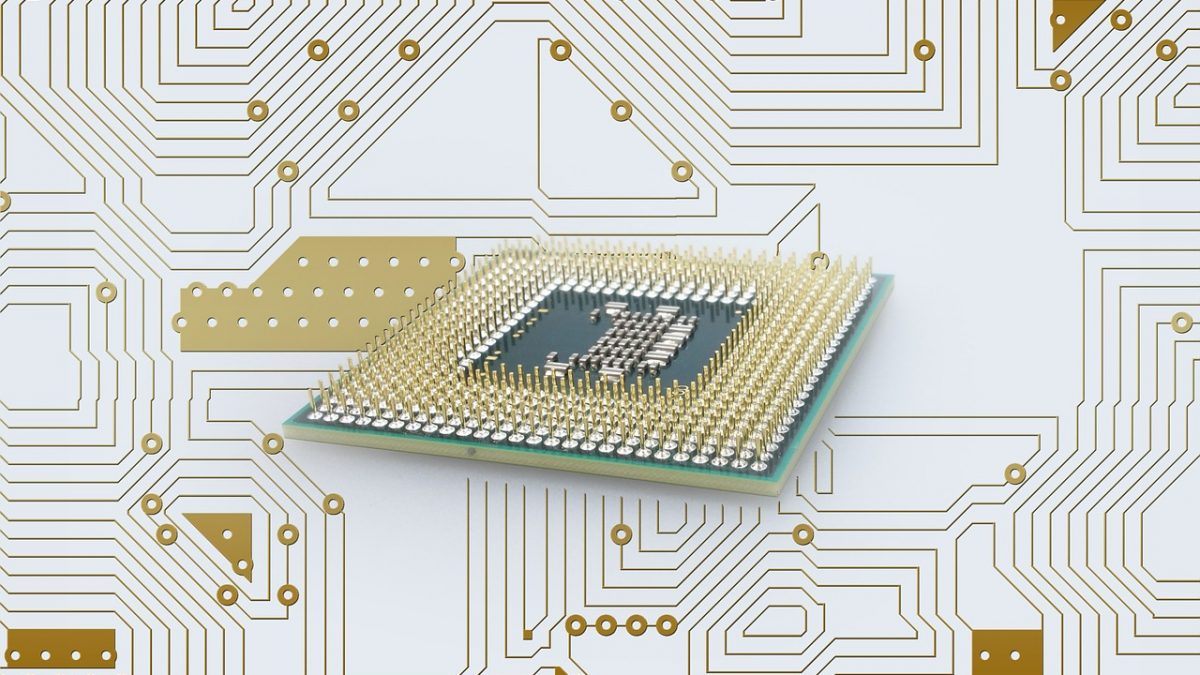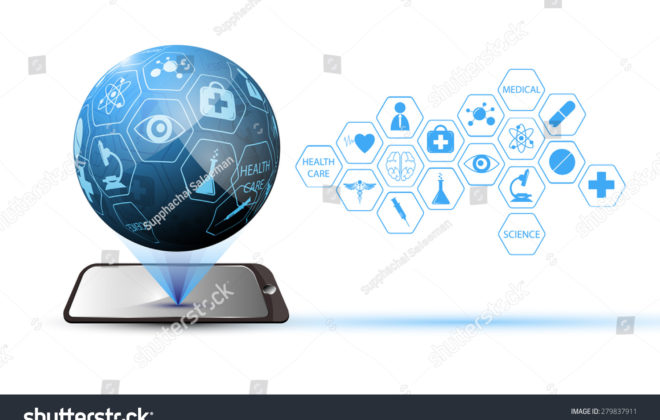Could Quantum Computing Transform Healthcare?
Google recently claimed to have reached “quantum supremacy” with its quantum computer. It is performing a computation in 200 seconds that would take the world’s fastest supercomputer 10,000 years. Rightly so, the excitement around the technology is at an all-time high. Reports suggest that the quantum computing market will be a $5-10 billion market between 2020-2025.
With the capability to provide extremely fast power and processing speeds, quantum computing can fundamentally drive algorithmic search and data homogenization strategies like never before.
But what does this mean for healthcare? Could quantum computing change the face of the healthcare industry? Let’s find out!
What does quantum computing mean for healthcare?
With speed (and accuracy) of diagnosis and treatment becoming a requisite for quality care delivery, quantum computing holds the promise of unprecedented processing power and speed. The technology can analyze huge amounts of healthcare data and pave the way for patient-centric care. Using quantum computing, doctors can find correlations and provide diagnoses or treatment options doctors could never stumble upon themselves.
The intelligence that quantum computing brings could completely change the modern healthcare landscape. The technology could rapidly identify patterns in healthcare data collected from millions of patients – in a fraction of the time. The technology finds great application in the healthcare industry. For instance,
- In precision medicine, quantum computing can enable doctors to get a detailed understanding of the patients’ disease. Using this information, they can provide treatments that are most effective while accounting for patient characteristics across age, race, gender, genetic makeup, and more.
- With drug design historically being a lengthy and costly process, the technology can make drug discovery and development far more cost-effective. Quantum computers can study a database of molecular structures with unimaginable speed, conduct tests in every potential human cell or tissue, and accelerate the drug design process.
- Using quantum computing, doctors can build virtual simulations and perform clinical trials with far more efficiency. By leveraging hundreds of equations and health variables, the technology could open the doors to advanced clinical trials while massively shortening the time and improving quality and completeness.
- In the field of medical imaging, the technology can help generate extremely precise imaging through visualization of single molecules. Quantum computers could then be used to train machine learning algorithms to identify changes and anomalies quickly.
- Feeding quantum computers with thousands of retinal images can allow them to create algorithms that can detect diabetic retinopathy with high sensitivity and specificity – at an earlier stage.
- The technology also has the ability to accelerate DNA sequencing, allowing doctors to provide more effective cancer treatment and prescribe medicines with lesser side effects. It can enable faster sequencing and drive comprehensive and faster analysis of the entire genome, thus eliminating guesswork from genomics and ensuring better healthcare outcomes.
What challenges does it present?
The scope of quantum computing in the healthcare industry is massive, but at the same time, this technology also presents some challenges.
- For healthcare providers to really take advantage of quantum computing, they will still need to build a new set of intelligent applications. This would add to the overall cost of the hardware as well as operating costs to keep them operational.
- Since patient health information today is stored in various formats across various systems and files, quantum computers would need to be fed with the right for training and mass computational processing.
- Collecting and curating healthcare data uniformly across a multitude of sources in a way that can be processed by quantum algorithms requires providers to think of ways to overcome the challenge of limited, incomplete or inconsistent data sets.
- With humongous amounts of data being stored in a single location, quantum computing introduces a bevy of potential security and data privacy risks. Providers will need to take measures to avoid comprising the safety of patients.
Overcome challenges to drive medical excellence
Doctors have long relied on initial impressions and patient history. However, quantum computing can bring a transformation to the care continuum. With the ability to quicken the healthcare decision-making process while drastically eliminating diagnostic errors, this technology can accelerate evidence-based care outcomes. However, to make the most of this advanced technology, what is needed is for healthcare organizations to integrate clinically meaningful data from numerous sources and take measures to ensure data privacy and security. Once these aspects are taken care of, there is no stopping quantum technology from truly transforming the healthcare industry.




